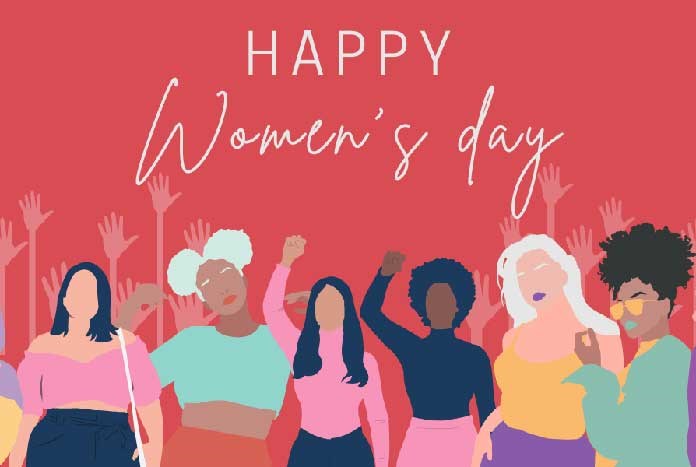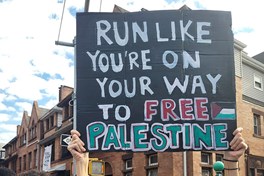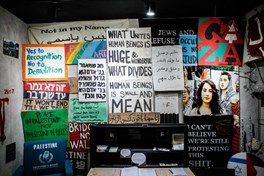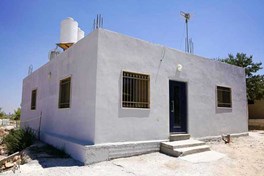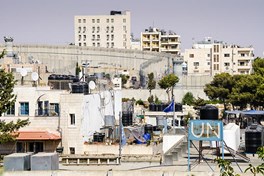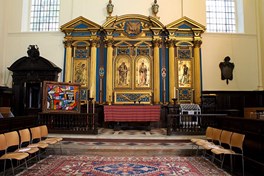“Last Monday was International Women’s Day, a global day intended to celebrate women. Just 8 days ago. Karin Joseph writes about a very difficult week for women in the UK.
Last Monday was International Women’s Day, a global day intended to celebrate women. Just 8 days ago.
Since then, a number of things have happened. Meghan Markle shared openly about her mental health struggles and men in the media promptly accused her of lying for attention. A grim milestone was reached, passing a year since Breonna Taylor’s murder by police, in her own home, with as yet no justice served. The UK government are debating a new policing bill which would lead to 10-year sentences for defacing of statues, longer than the average sentence for rape.
The news of the abduction and murder of 33-year-old Sarah Everard, while walking home on a large well-lit South London street, 5 minutes’ walk from my own front door of eight years, has sparked an international conversation about the safety of women and girls. A stark reminder that a woman walking home, doing all of the things women are told to do from an early age (“call someone, stick to main routes, wear bright clothing, don’t head home too late”), is still not safe from male violence.
The UK government are debating a new policing bill which would lead to 10-year sentences for defacing of statues, longer than the average sentence for rape.
A peaceful vigil in a park in Sarah’s memory, and in memory of all women and girls who have been victims of violence, was policed heavy-handedly, with women man-handled to the ground by police as soon as darkness fell.
On social media, the questions being asked by many women over the weekend were “why does it always take a publicised murder to spark an uprising?” It certainly feels that way this week. But male violence against women isn’t a one-off event. It isn’t just the extreme events of murder and rape. It’s something deeply embedded into our society.
It is all the times, multiple times a day, when women’s bodies aren’t respected as their own. We must connect the dots that make up the system of male violence, harassment and abuse all over the world and highlight it for the pandemic that it is. The grim statistics published last week, that 97% of young women in the UK have been sexually harassed, shows that it may not be ‘all men’, but it affects pretty much all women, and it is not in fact, extremely rare.
But male violence against women isn’t a one-off event. It isn’t just the extreme events of murder and rape. It’s something deeply embedded into our society.
Additional statistics from 2019/20 that only 1.5% of rape cases end in a charge or summons, show that the authorities are hardly on women’s side when it comes to justice for survivors. And the fact that it appears likely that a serving Met police officer was the perpetrator of Everard’s murder, a man in a position of power who is meant to protect, has prompted all the more outcry.
Everything about Sarah Everard’s murder is hideous and devastating. Yes, it felt literally close to home to me, given the location of her abduction. Almost all women I’ve spoken to in the last week can see themselves reflected in the outpouring of personal experiences of harassment, fear and violence that have flooded the internet since her disappearance.
The grim statistics published last week, that 97% of young women in the UK have been sexually harassed, shows that it may not be ‘all men’, but it affects pretty much all women, and it is not in fact, extremely rare.
For black and brown women, the additional exhaustion accompanying the outcry about Sarah Everard’s murder is the reality that had she not been white, the response would have unlikely been the same. Black and brown women will be raising an eyebrow at white women’s surprise at police violence over the weekend. The deaths of black and brown women and girls, or trans-women, in the UK or in other cities around the world each day, haven’t in the past been met by the same collective outrage.
Women’s lives aren’t only valuable because they are someone’s mother, sister, girlfriend or wife. Or only when they’re living in a city like London where women are perhaps expected to be safe. They don’t only deserve protection when they’re white. Women and girls deserve protection from violence on every street in every city of the world, (and crucially, in every home too). They deserve protection on the streets of Chennai as much as the streets of Clapham. And it should be as much of an outrage when any woman, anywhere, experiences male violence.
Black and brown women will be raising an eyebrow at white women’s surprise at police violence over the weekend.
Our partners confront situations of male violence against women on the streets every day. We must make sure this moment of collective public outcry is used to advocate not just for the safety of (white) women in London, but for all women, everywhere.
Defensiveness abounds. There is defensiveness from men (the hashtag #NotAllMen featured in more posts on Twitter than #SarahEverard for much of last week), and from the Met police (“he wasn’t on duty at the time”… “this is extremely rare”). It is tiring.
But now isn’t the time for defensiveness. It is the time for mourning. The time for men listening to women. It is the time for standing alongside women, refusing to accept that these experiences continue to be considered normal — anywhere in the world.
There is a long journey ahead, it is only together that we will create the societies we want girls to grow up in.
Karin Joseph

